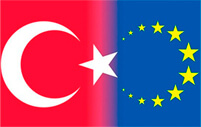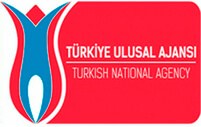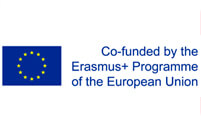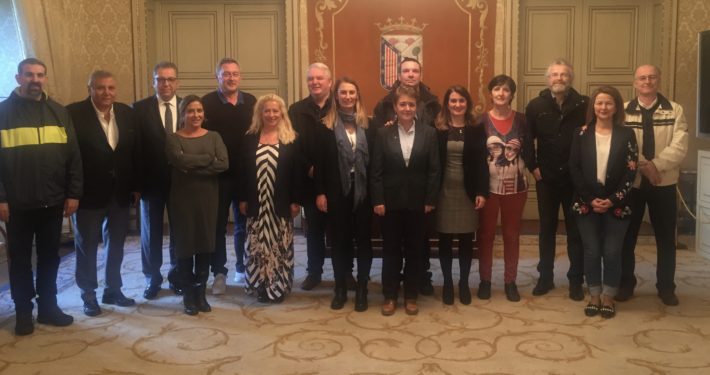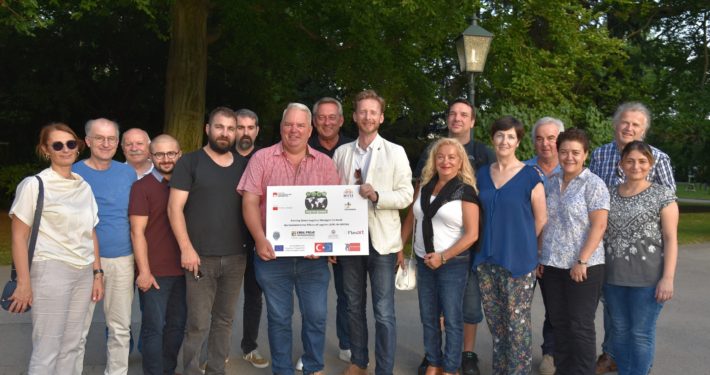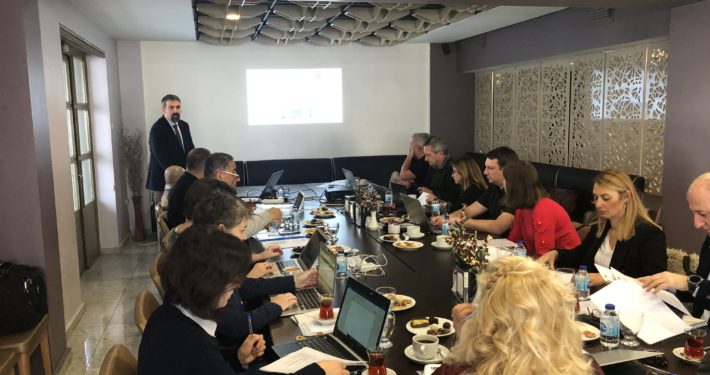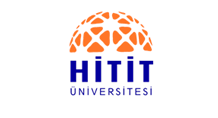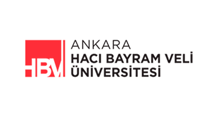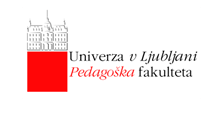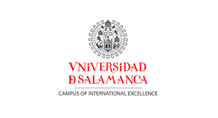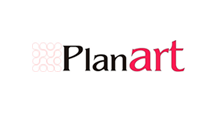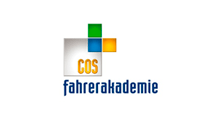Logistics
Goal of the project: To give Green Logistics Managers an overview of their role in the logistics industry.
Environment
The main objective of the present project is the identification of framework conditions regarding Logistics.
Green
We will identify green issues and develop training material in green logistics.
The rationale behind this project is to raise of awareness concerning environmental issues throughout Europe so that people from all walks of life will become increasingly eco-minded. Presently, there is an increased demand for green methods to be applied to the logistics industry. Transporters, warehouses & additional logistics services providers need to become more green to meet this demand on the part of their customers as well as remain competitive. However, across Europe there are several interpretations of what it means to be “Green.” This lack of consensus can lead to an extreme distortion of competition in business as each company will attempt to create & meet its own acceptable level of Green. There is an urgent need for people who know how to apply a system of Green management within the field of logistics throughout the EU & its partner countries as well as be in line with ISO 39001 where it is the standard for : Road Traffic Safety Management Systems. The results of a preliminary needs analysis & through the European Commission’s web-site http://ec.europa.eu/transport/modes/road/news/road_safety_encouraging_results_in_2016_en following reasons are identified:
- The current education on offer in the field of Green Logistics in Europe is insufficient; consequently, there is a strong educational need in this area.
- The introduction of common European standards is a necessity for business to choose to operate on a more comparable Green level, which can be applied across all industries in order for there to be a better consensus what it means to operate Green.
- In order to reach beyond current industry standards necessitates training for Logistics.
Through the development of both training material & testing material, this addresses directly the EU policy on creating an EU-wide standardized evaluation. Regarding the implementation of green logistics, the EU accelerated its work on green logistics with the Trans European Transport Network Project, which included the 1993 Maastricht Treaty provisions [1]. The EU is currently carrying out transport policies under the Marco Polo program. In this direction, the main objectives of the transportation sector including green logictics for the year 2050 have been determined [2]. We are aware of these objectives of EU & we are contributing these efforts of European Union through our project.
It is anticipated that applications implemented under the National Climate Change Strategy (2010-2023) [3] will open up ahead of Green Logistics applications. One of the objectives of our Project is to provide theoretical & practical support to this emerging trend in recent years.
AIM: The main objective of the present project is the identification of framework conditions regarding Logistics in partner countries & to combine existing best practices to develop a standard practices to be used for a methodology for training & certification. The results of training give the Green Logistics Managers an overview of their role in the logistics industry, be able to identify Green issues to be tackled & be aware when/where to update the own knowledge base.
OUTCOMES: National Reports, book with around 250 pages, e-learning training tools, vocational training courses, interactive web-site, animation, and Qualification Dossier with Certification.
Project:
- Strengthens the development of young peoples’ key competencies,
- Professionalization of youth workers by the training modules,
- Combating the marginalisation of youth at risk, disadvantaged young people,
- Bring them to labour market or business life,
- Gaining the young people to society,
- Supplement of communication between the institutions relevant for the youth or communication with the public authorities responsible for youth.
CARRYING OUT TRANSNATIONALLY: Project is held transnationally covering European countries all together in order to be common and valid for all over Europe applying the principles & rules of European Union directives. Having different professions from different countries bring variety in the subject as well as sharing ideas bring innovation to the project. We also aimed the mobility of the youth to work all through Europe, in order to supply this, we are working transnationally to realize the project.
Target groups are:
- Young people aged between 20-28, from the youngs who couldn’t attend the University, who has no profession.
- Youngs having migrant backgrounds, newly arrived immigrants & refugees.
- Youngs with fewer opportunities (including NEETs, Not in Education, Employment or Training).
- Marginalised youngs or young people at risk of marginalisation.
[1] http://ec.europa.eu/transport/infrastructure/tentec/tentec-portal/site/index_en.htm
LOG IN GREEN MEETINGS
18th and 19th July, 2019
21st and 22nd February, 2019
PARTNERS
